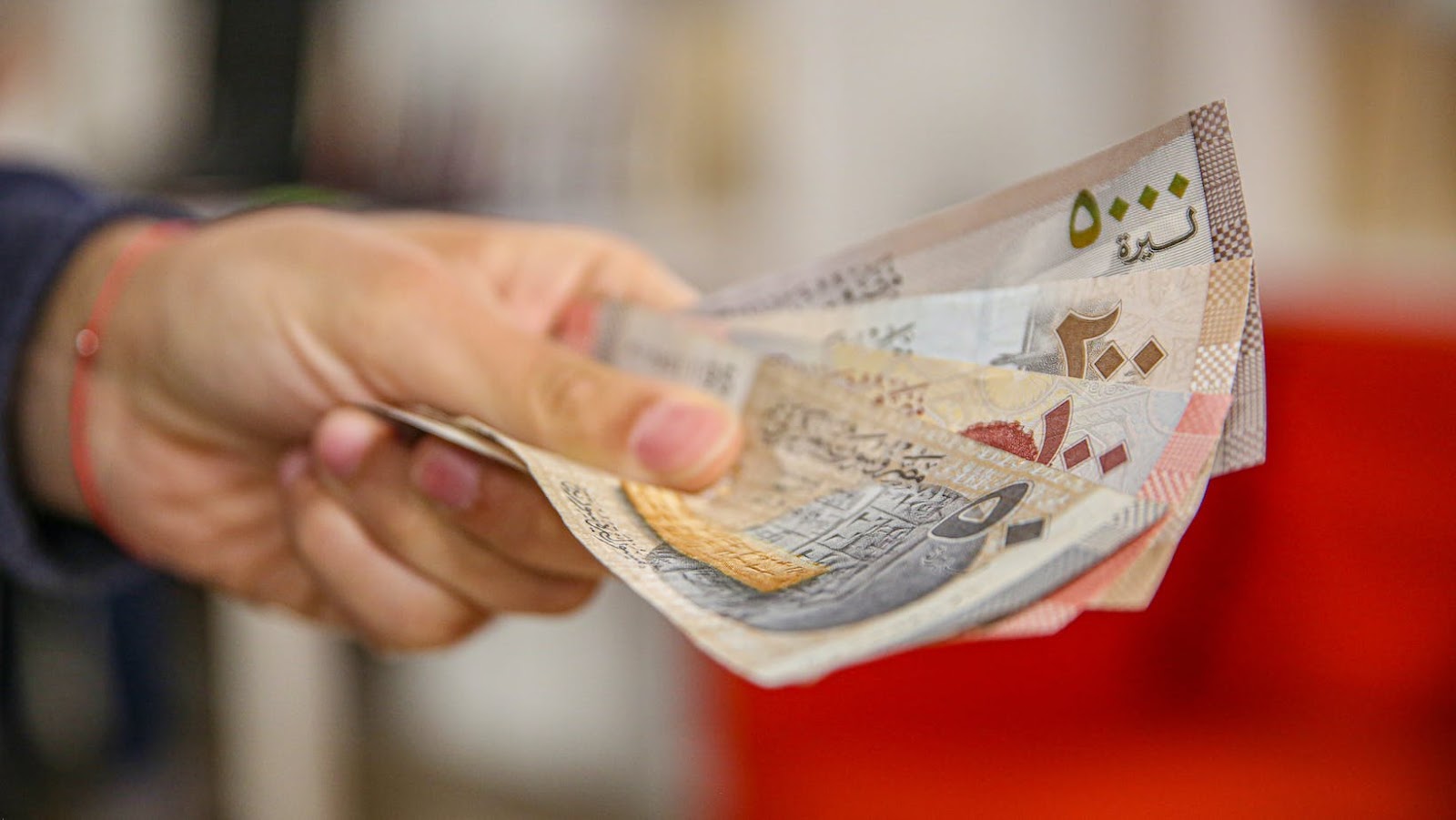 Markz Dinar
Markz Dinar
Have you ever heard of “markz dinar”? If you’re curious about this term, let me shed some light on it. Markz dinar refers to a potential investment opportunity involving the Iraqi Dinar currency. Many people have become intrigued by the idea of investing in Iraqi Dinar as they believe it has the potential for significant returns. However, before diving into this investment, it’s crucial to understand the facts and weigh the risks.
The Iraqi Dinar is the official currency of Iraq and has undergone various fluctuations in value over time. Some proponents of investing in markz dinar argue that there may be an opportunity for substantial profits if Iraq’s economy stabilizes and its currency appreciates.
Remember, when considering investments like markz dinar or any other foreign currency investment, it’s crucial to approach them with caution and make informed decisions based on reliable information rather than relying solely on rumors or unfounded claims.
History of Markz Dinar
Let’s delve into the intriguing history of Markz Dinar, a currency that has captivated the interest and curiosity of many. The story behind this currency spans several decades, encompassing a variety of economic and political factors.
- Origins in Iraq: The Markz Dinar traces its roots back to Iraq, where it was introduced as the official currency in 1932. Initially pegged to the British pound, it underwent various revaluations and redenominations over the years due to changing economic circumstances and geopolitical events.
- Saddam Hussein Era: During Saddam Hussein’s regime from 1979 to 2003, the value of the Markz Dinar experienced significant fluctuations. Economic sanctions imposed on Iraq by the international community further complicated matters, leading to hyperinflation and a loss in confidence among investors both domestically and abroad.
- Post-War Revaluation Efforts: Following Saddam Hussein’s ousting in 2003, efforts were made by Iraqi authorities to stabilize their economy and restore confidence in their currency. In October 2003, a new series of banknotes was issued with enhanced security features aimed at curbing counterfeiting.
As we continue our exploration into this complex topic throughout this article, let us remember that understanding the historical context provides valuable insights when evaluating current events involving currencies like the Markz Dinar.
The Role of Markz Dinar in the Global Economy
Markz Dinar, a currency that holds its own significance in the global economy, plays a pivotal role in international trade and financial stability. Let’s delve into how the Markz Dinar influences various aspects of the global economic landscape.
- Trade Facilitation: As an expert, I’ll tell you that one of the key roles of Markz Dinar is to facilitate cross-border trade transactions. Many countries rely on this currency for conducting business with nations where it’s widely accepted. The stability and credibility of Markz Dinar make it an attractive choice for both importers and exporters, ensuring smooth commerce between different economies.
- Reserve Currency Status: Markz Dinar has gained recognition as a reserve currency by central banks across the globe. This status means that it’s held in significant quantities by central banks as part of their foreign exchange reserves. As a result, it acts as a store of value and provides confidence to other countries when conducting international transactions or managing their own currencies.
- Investment Opportunities: Investors often view Markz Dinar as a valuable asset for diversifying their portfolios due to its stability and potential for growth. Some individuals choose to invest directly in Markz Dinars, while others opt for investment funds denominated in this currency. These investments not only provide opportunities for capital appreciation but also contribute to strengthening the overall global financial system.
- Impact on Exchange Rates: Fluctuations in the value of the Markz Dinar can have far-reaching effects on exchange rates worldwide. Changes in demand and supply dynamics for this currency can influence other major currencies’ values against it, affecting import/export competitiveness, tourism industries, and more.
In conclusion, the Markz Dinar plays a significant role in the global economy. Its stability, reserve currency status, and impact on exchange rates make it an essential player in facilitating international trade and investment. Furthermore, its adoption as a regional currency enhances economic integration among countries sharing this monetary system.
